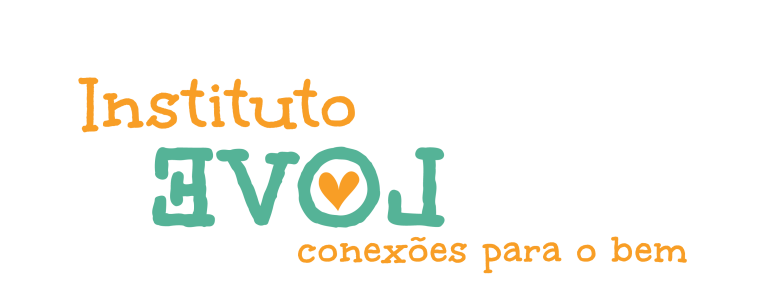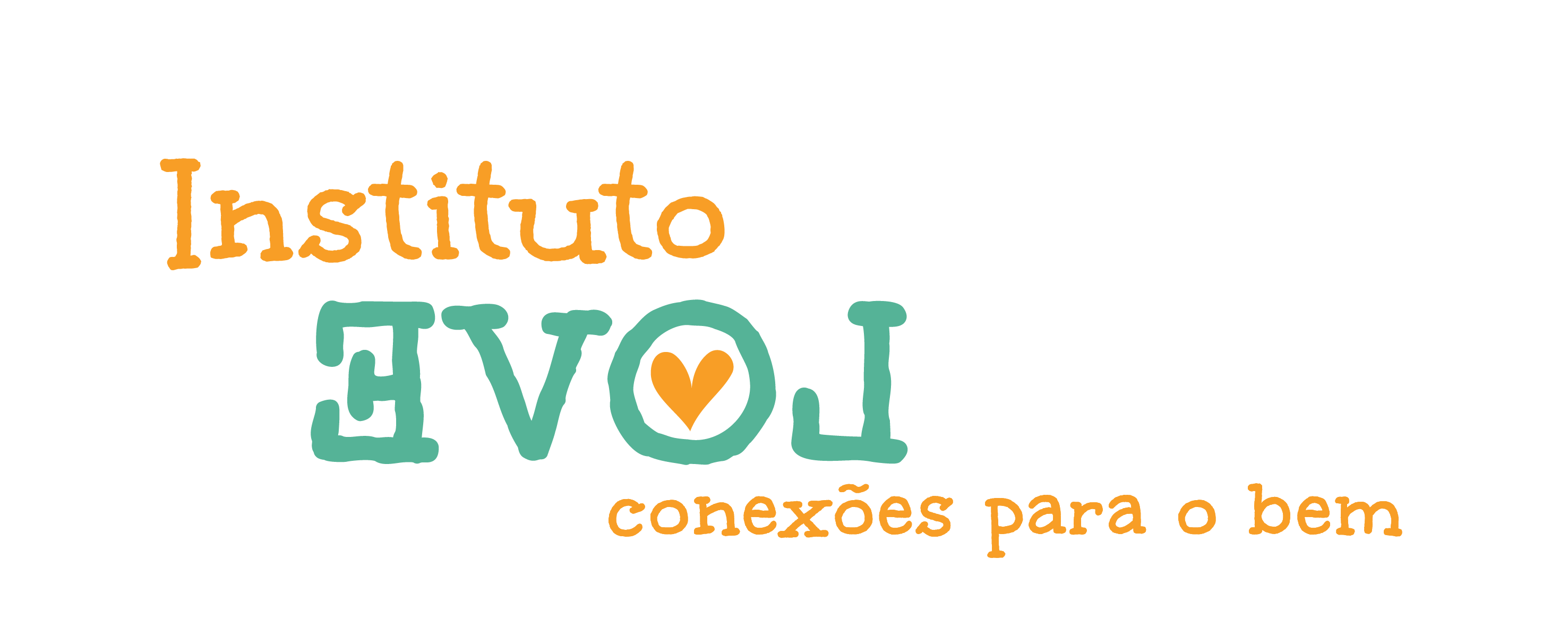
Over the course of these 30 years, Santa Fé has been engaged in providing shelter and support to boys and girls who are victims of abuse, abandonment, and sexual violence, many of them coming from the streets of São Paulo. The multidisciplinary assistance also extends to their families.
Since its foundation, Santa Fé has helped thousands of young people and children by providing an appropriate environment and support for them to develop their full potential. Santa Fé has two shelters located in Vila Mariana, where they welcome 44 children and adolescents between the ages of 0 and 18. In addition to the shelter work, Santa Fé also engages in family support for the children and adolescents in the shelters and those who have already left the shelter.
Projects
Casa Vovó Ilza: Housing for girls aged 11 to 18 who are pregnant and/or accompanied by their children. Most of them have a history of living on the streets, being victims of abuse, and have little or no family ties. Young mothers participate in individualized therapeutic work to experience early motherhood in a constructive and harmonious way between mother and child, aiming to prevent the repetition of the mistreatment they have experienced.
Minha Casa: Housing for children and adolescents aged 0 to 18 in situations of personal and social risk, with family disharmony issues, victims of abuse or domestic violence. Individualized therapeutic work to redefine their traumatic experiences, promoting their full development until they can emancipate themselves or return to their original family or be directed to a new family.
Programa Família Acolhedora: Follows the guidelines of the National Family Reception Service, as advocated in the SUAS (Unified Social Assistance System) and the ECA (Child and Adolescent Statute). Its implementation will be based on a partnership with the BEIP (Bucharest Early Intervention Project), which is currently conducting the research “EI-3 – Impacts of Early Institutionalization Interventions,” aiming to observe the development of children under protective measures in specific domains, including brain activity (EEG), attachment, language, and cognition, executive functioning (memory and cognitive monitoring). Based on these domains, the research aims to study the significant effects of the modes of reception (institutional and family) on the development/performance of these children.
Changing History / Building Bridges: Support for families, aiming to restore autonomy so that children and adolescents can return to their family (nuclear or extended) in a sustainable and secure manner. Rethinking family relationships, primarily combating the structural violence that permeates the lives of most families served by Santa Fé.


